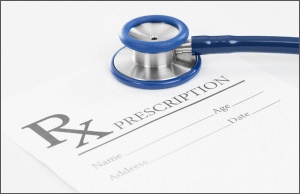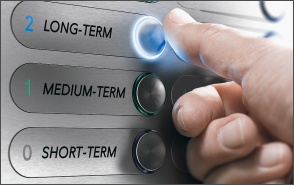 The U.S. Dept. of Health and Human Services has awarded $1.5 billion in an effort to support States in their fight against opioid addiction.
The U.S. Dept. of Health and Human Services has awarded $1.5 billion in an effort to support States in their fight against opioid addiction.
The grant programs will provide funding to increase access to “24/7 Opioid Treatment Programs”. $104 million will be specifically allocated to bring treatment services to rural areas of the country that have been historically underserved.
While stabilizing and rebuilding lives through medication-assisted treatment is a priority, the prevention of overdose deaths is a distinct goal of the new funding initiative. Major confiscation of fentanyl continues month to month as law enforcement authorities intercept huge quantities of the drug pouring across the southern border.
Another $20.5 million is being earmarked for the development of programs that help connect individuals with addiction issues to local community resources that can enhance their overall recovery effort.
Additional focus will be placed on increasing the availability of naloxone which is the emergency medication that can quickly reverse the effects of opioid overdose. Thousands of lives have been saved in the last 10 years through the timely administration of naloxone to those who have overdosed.
The White House report outlines further efforts to disrupt global drug trafficking through the addition of more law enforcement officers.

 Follow
Follow

 There are plenty of illegally manufactured medications of unknown origin currently flooding the country. In addition to heroin, methamphetamines, and other highly addictive substances, common prescriptions for managing psychiatric disorders are now accessible on the street as well.
There are plenty of illegally manufactured medications of unknown origin currently flooding the country. In addition to heroin, methamphetamines, and other highly addictive substances, common prescriptions for managing psychiatric disorders are now accessible on the street as well. A
A  The need for social support in recovery is a significant factor. Not only is successful recovery an ongoing challenge, but it is a journey which is greatly helped through positive connection with others.
The need for social support in recovery is a significant factor. Not only is successful recovery an ongoing challenge, but it is a journey which is greatly helped through positive connection with others.  It’s no secret that many addicted people resist recovery or treatment, sometimes for years, before eventually deciding to make a change. The mental stress of addiction often paralyzes a person with fear and indecision.
It’s no secret that many addicted people resist recovery or treatment, sometimes for years, before eventually deciding to make a change. The mental stress of addiction often paralyzes a person with fear and indecision. 


